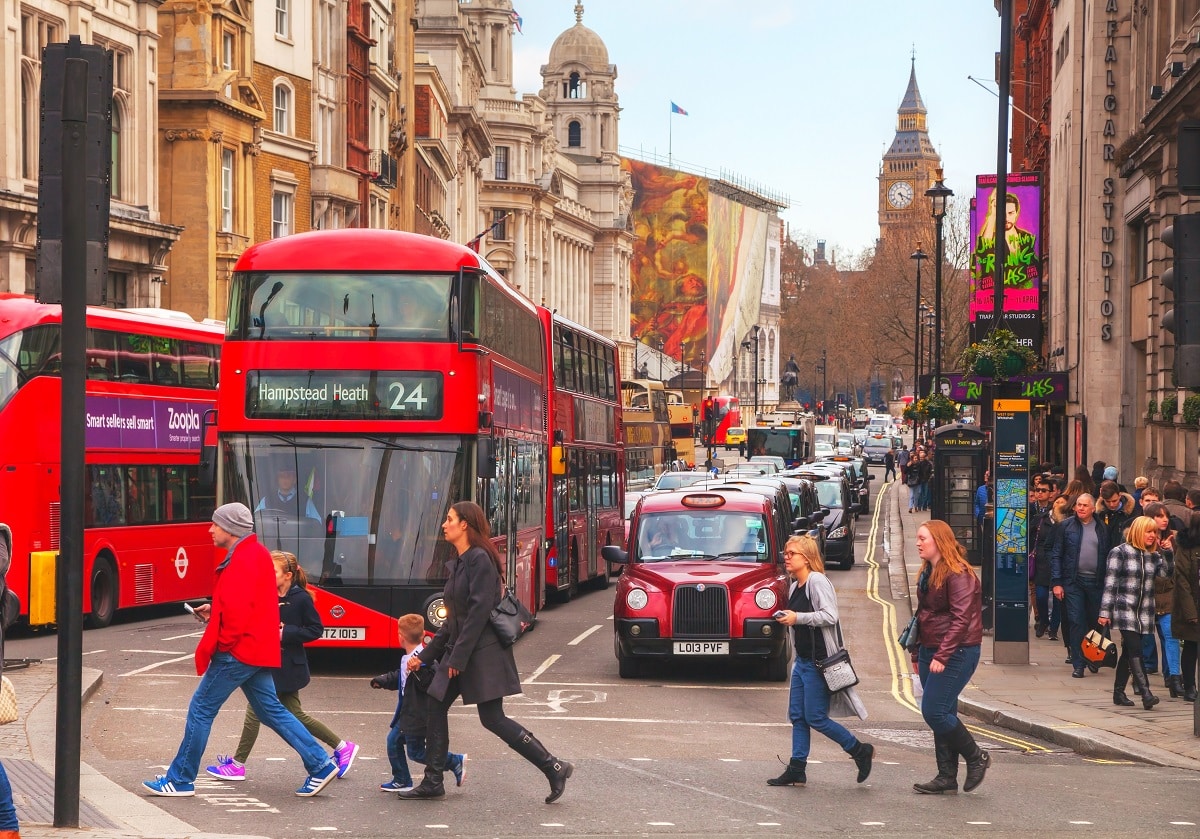The public is worried about the British public transport systems as more people are forced to go this route after the cost-of-living crisis.
Causes of the Crisis
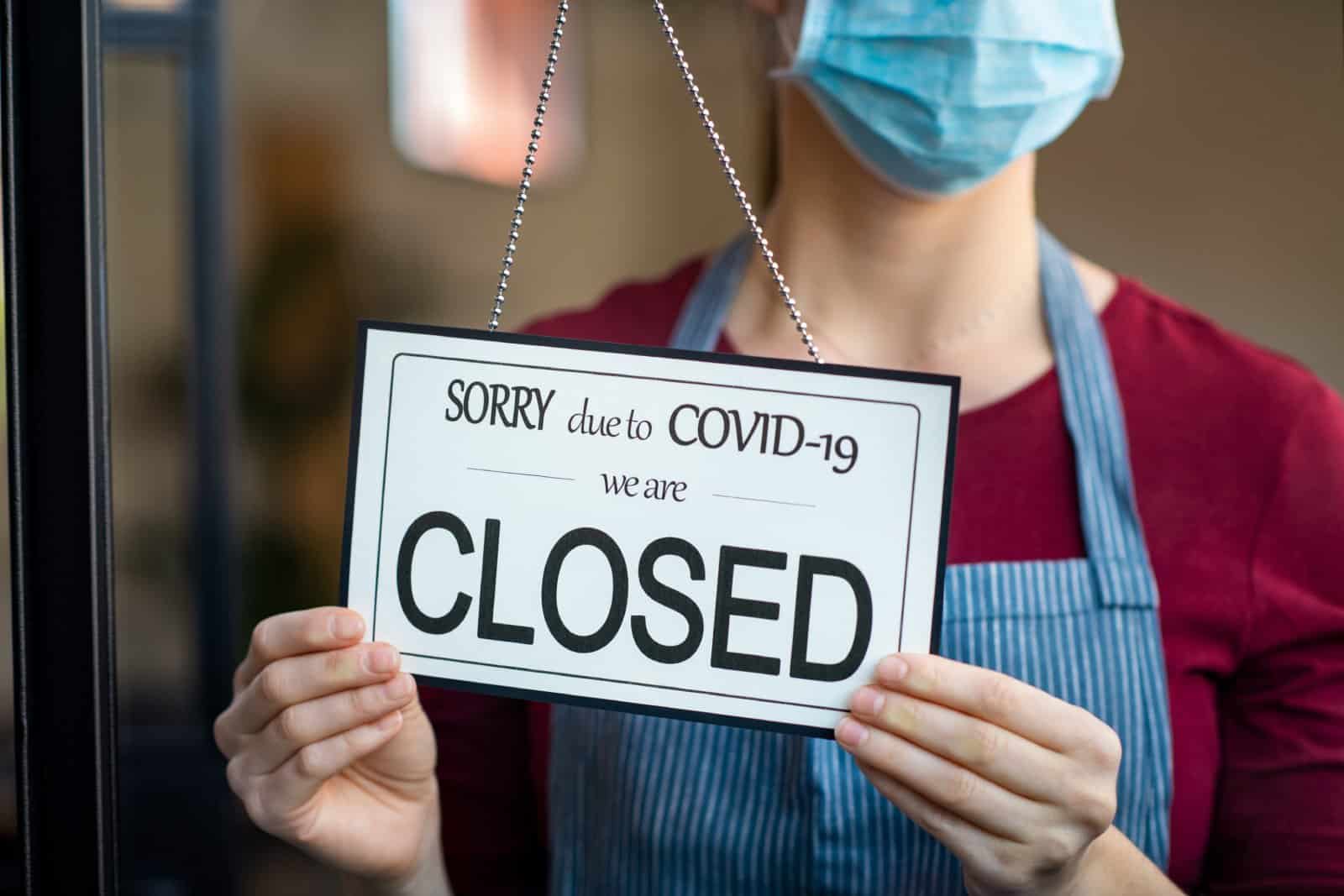
The British people have been knocked by “the cost of living crisis” since late 2021. The global and domestic high inflation from the pandemic, lockdown and disruption in the supply-demand chain has crippled many.
Public Transport Seen as a Necessity

The British people shared their concerns with more than half (53%) believing that public transport to and from work is a necessity. More than a third (35%) expressed their need for public transport to see family and friends and one in five (20%) see a car as an essential.
Better Public Transport in Lieu of Votes

Sunak and the other politicians have been called out to deliver better public transport especially if they wish to up their chances in the next election.
Stop the “War on Motorists”
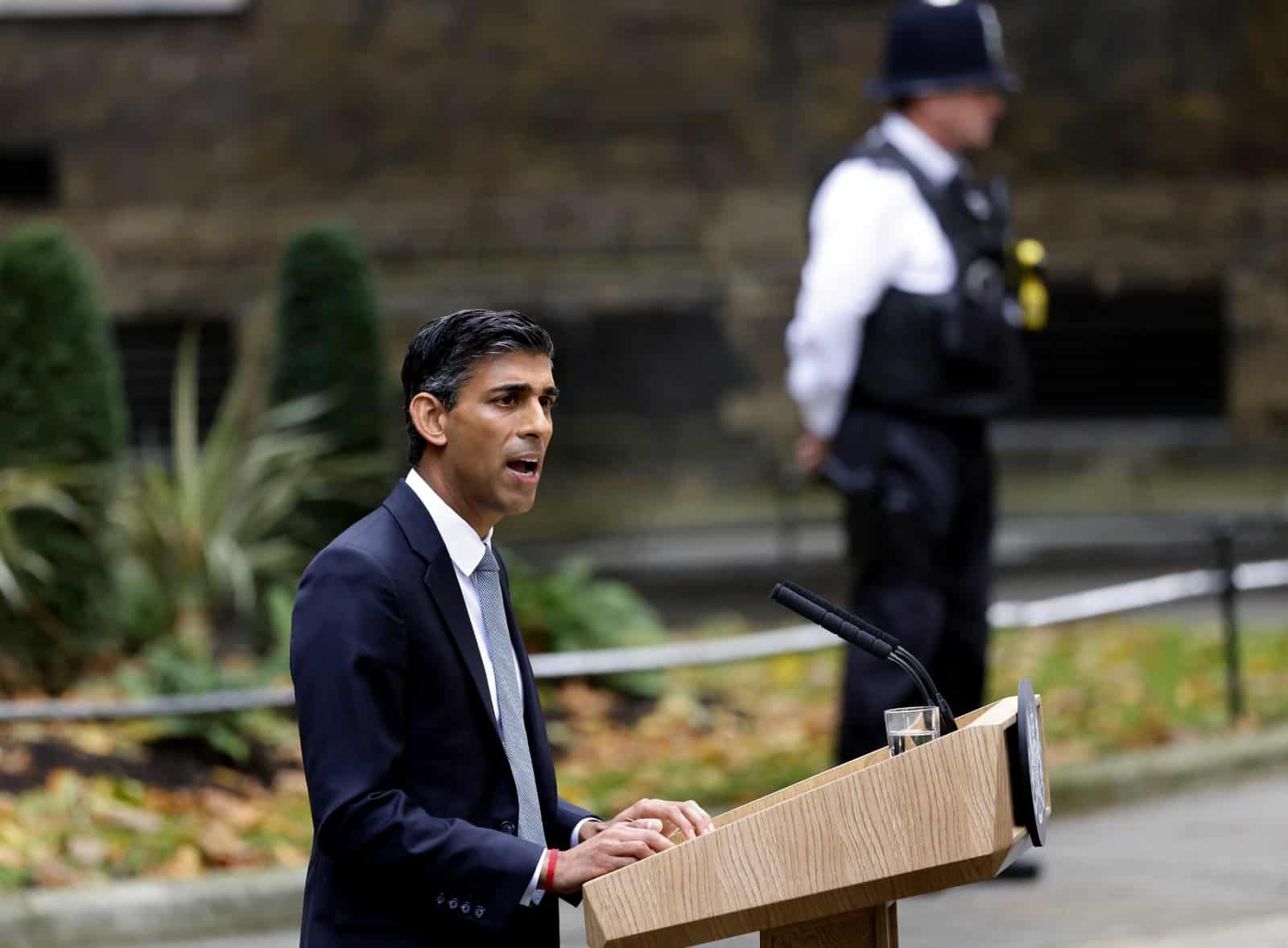
The prime minister has made some bold statements, vowing to end what he sees as a “war on motorists.” However, he has been accused of politicising transport issues, calling low-traffic neighbourhoods “harebrained.”
Car Owners Want to Use More Public Transport
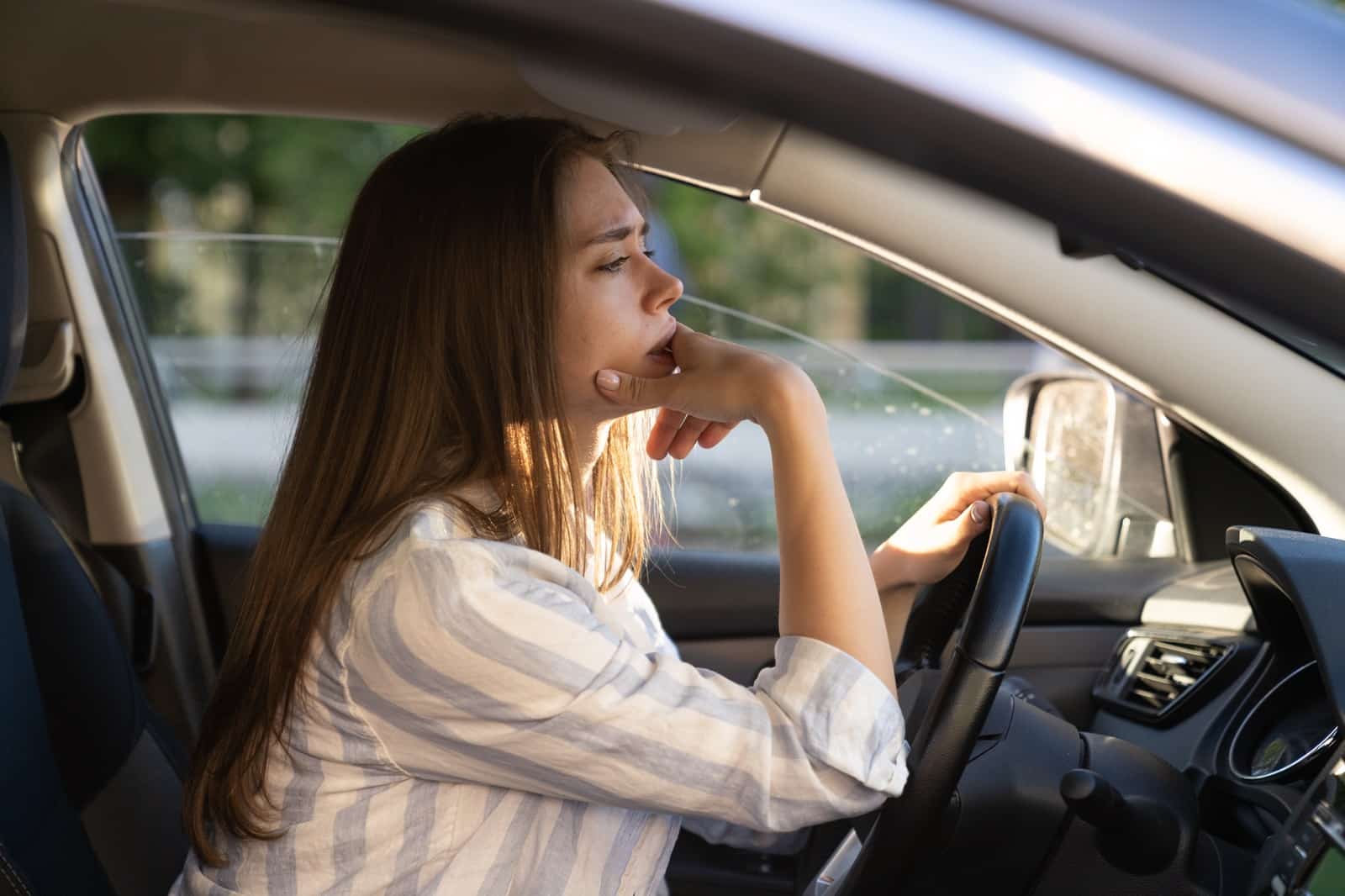
It was revealed that those who regularly drive themselves (3-4 times per week) would like to make use of the public transport system more frequently due to various reasons.
Inflation at Its Peak

Soaring energy and fuel prices can be partly blamed on the Russia/ Ukraine invasion and the standard rise in import costs.
Reducing Costs Changed Travel Habits
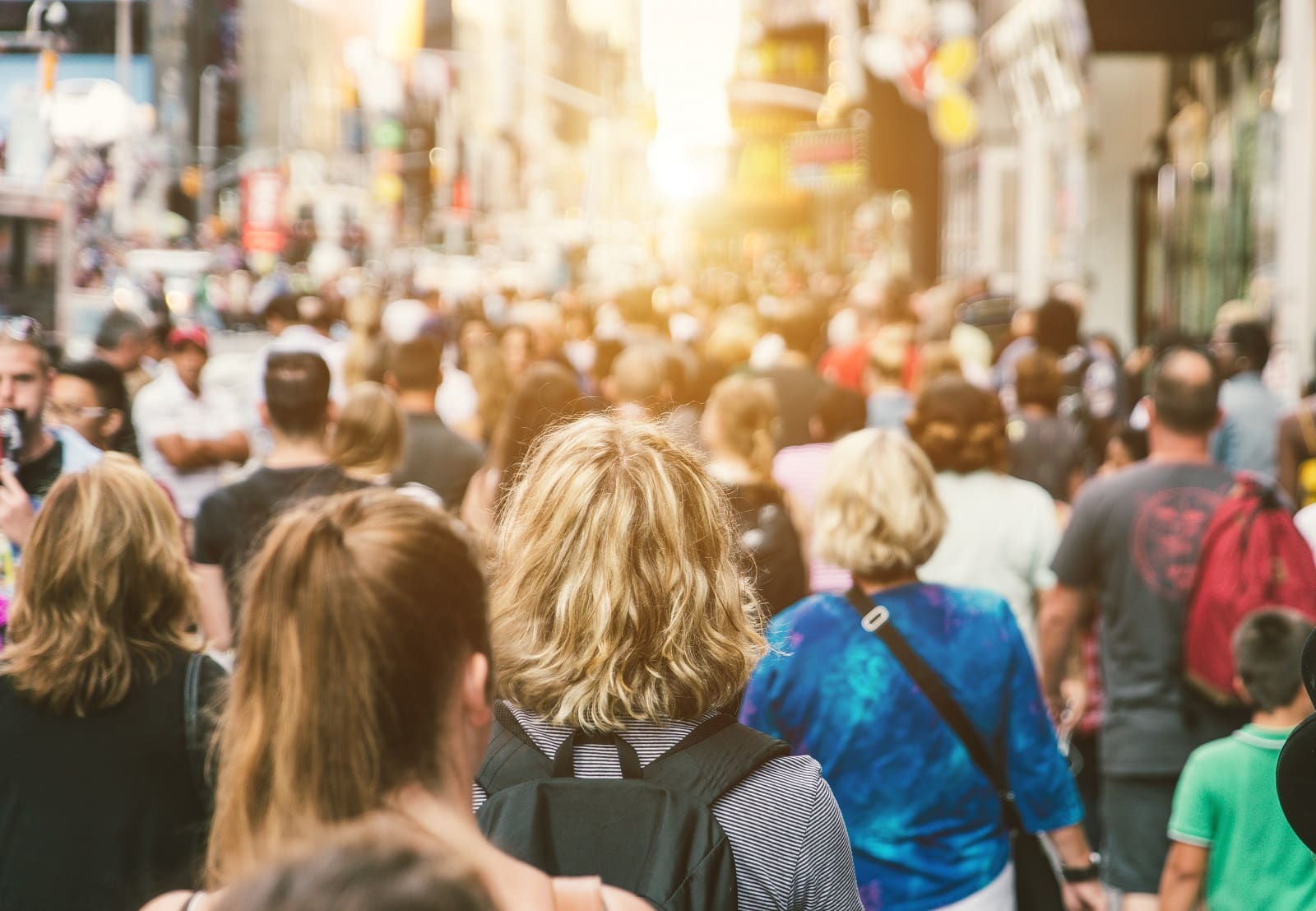
The impact of the cost-of-living crisis has changed 71% of people’s travel habits in order to reduce their costs in the last two years.
20% Lower Living Conditions

After taking into account inflation, the poorest households’ living standards are 20% lower than those in 2019/20 and will not return to pre-pandemic levels until 2027.
Maintaining a Car Is Expensive

Silviya Barrett from the charity Campaign for Better Transport stated, “The rising cost of running a car is pushing some people into poverty, which is why it is essential that government properly invests in affordable public and active transport alternatives.”
Travel Expenses Worrying the Public
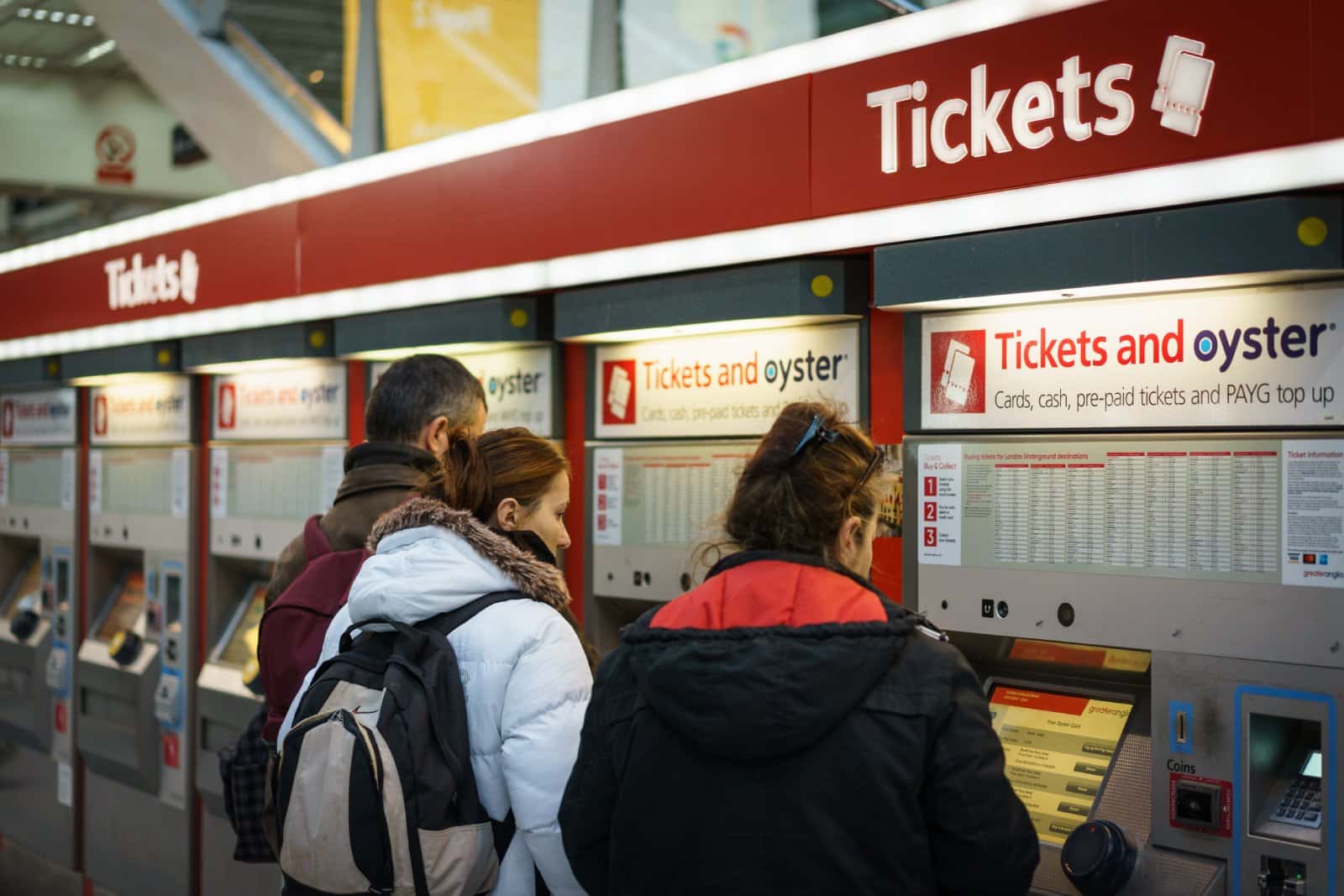
The public has spoken, and a significant 42% of people are worried about being able to afford their everyday travel expenses.
Deliver What the People Need

Co-author of the research and principal research fellow at IPPR, Stephen Frost, stated that those in power should abstain from treating transport like a culture war issue instead of delivering what the people need.
Prime Minister Is Unhelpful

Frost expressed his disdain for the prime minister’s fabrication of the “war on motorists,” stating that it is unhelpful.
Best Offer, Best Ballot Box
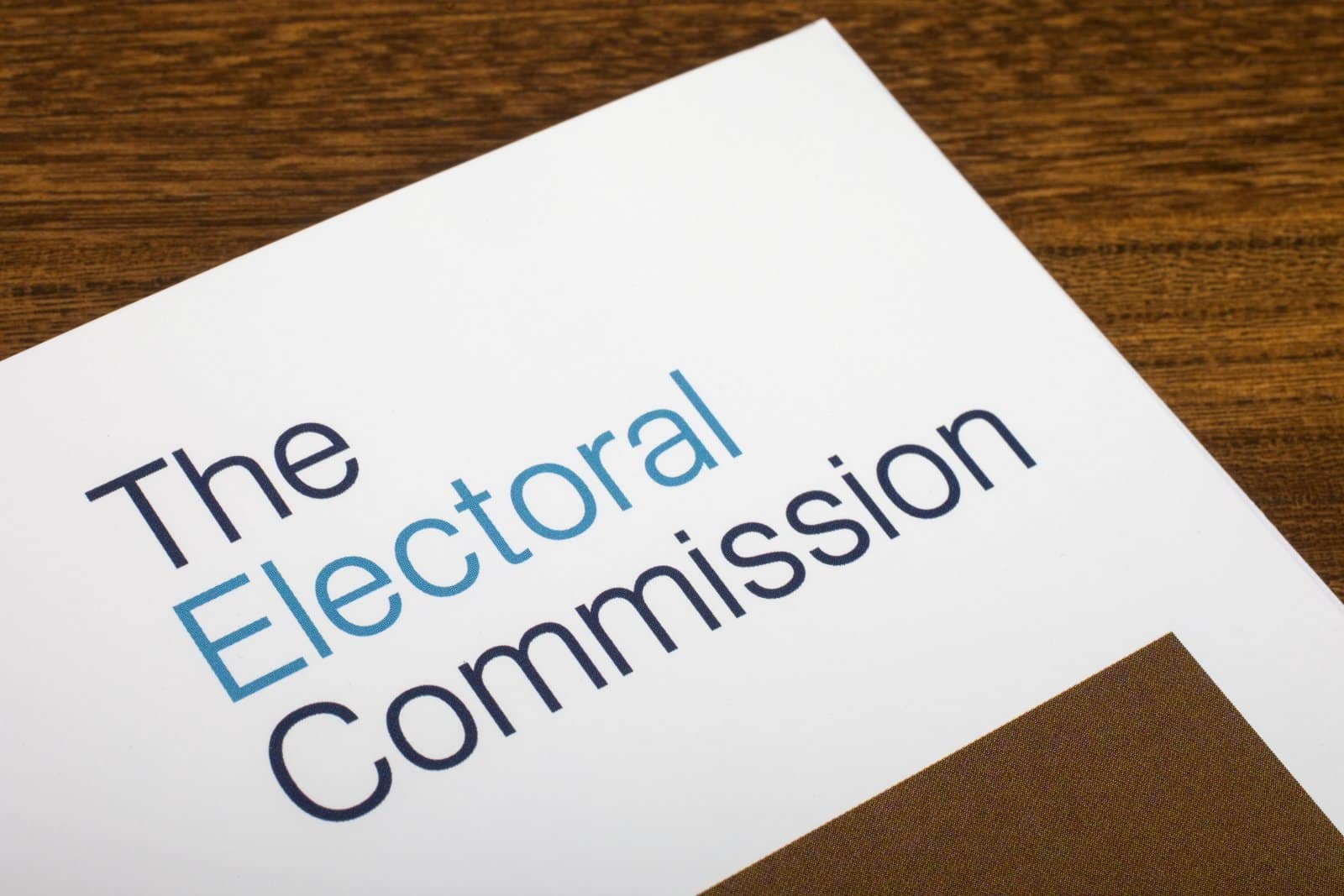
Stephen Frost added that the party that makes the best offer regarding the public transport system will do better in the upcoming elections.
Polling Reveals Priorities
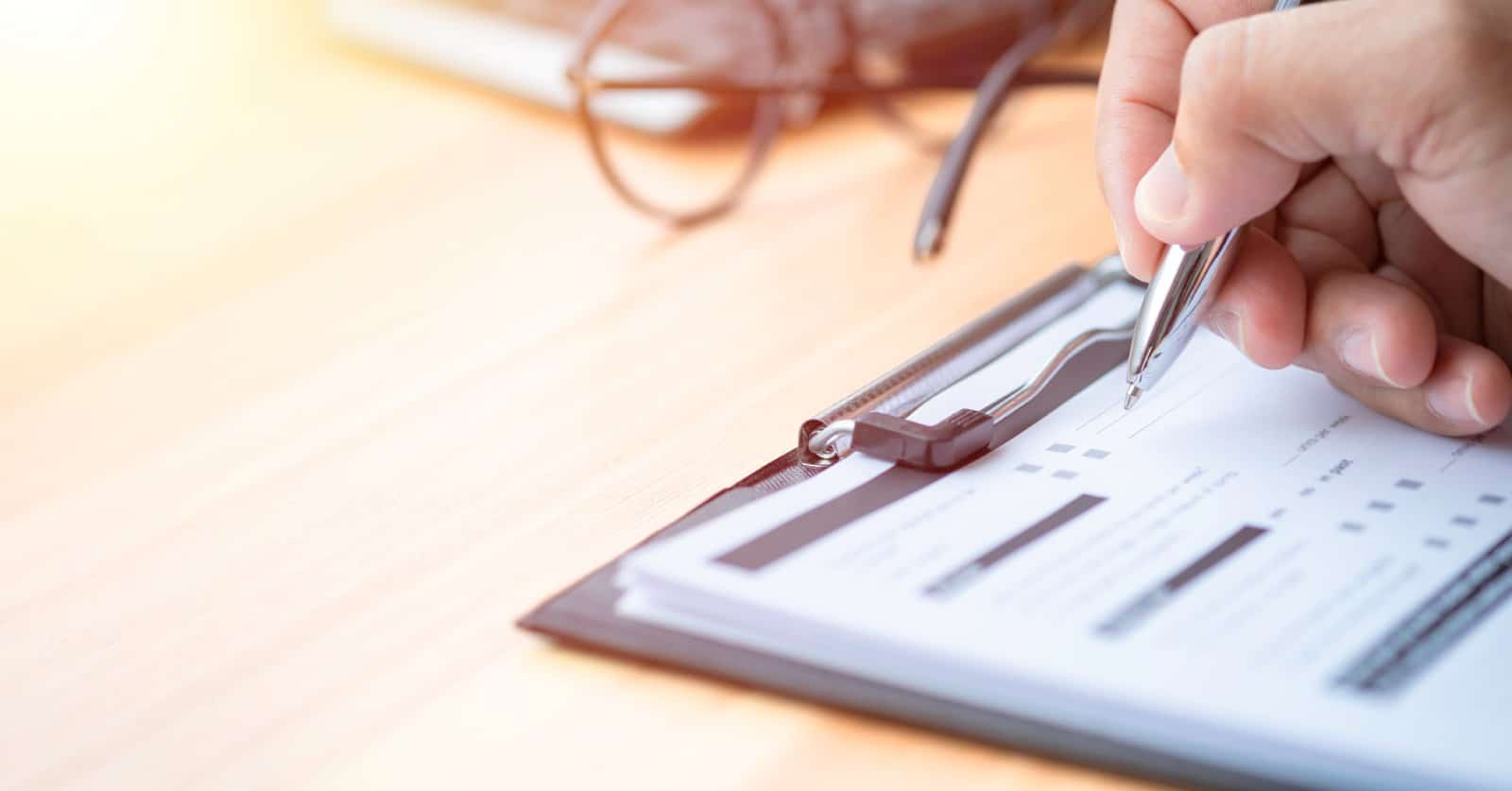
Frost stated, “This polling reveals those priorities as clear and simple, they want public transport that works for more people, and they want to make decisions on transport locally.”
Public Transport Allows for Multitasking
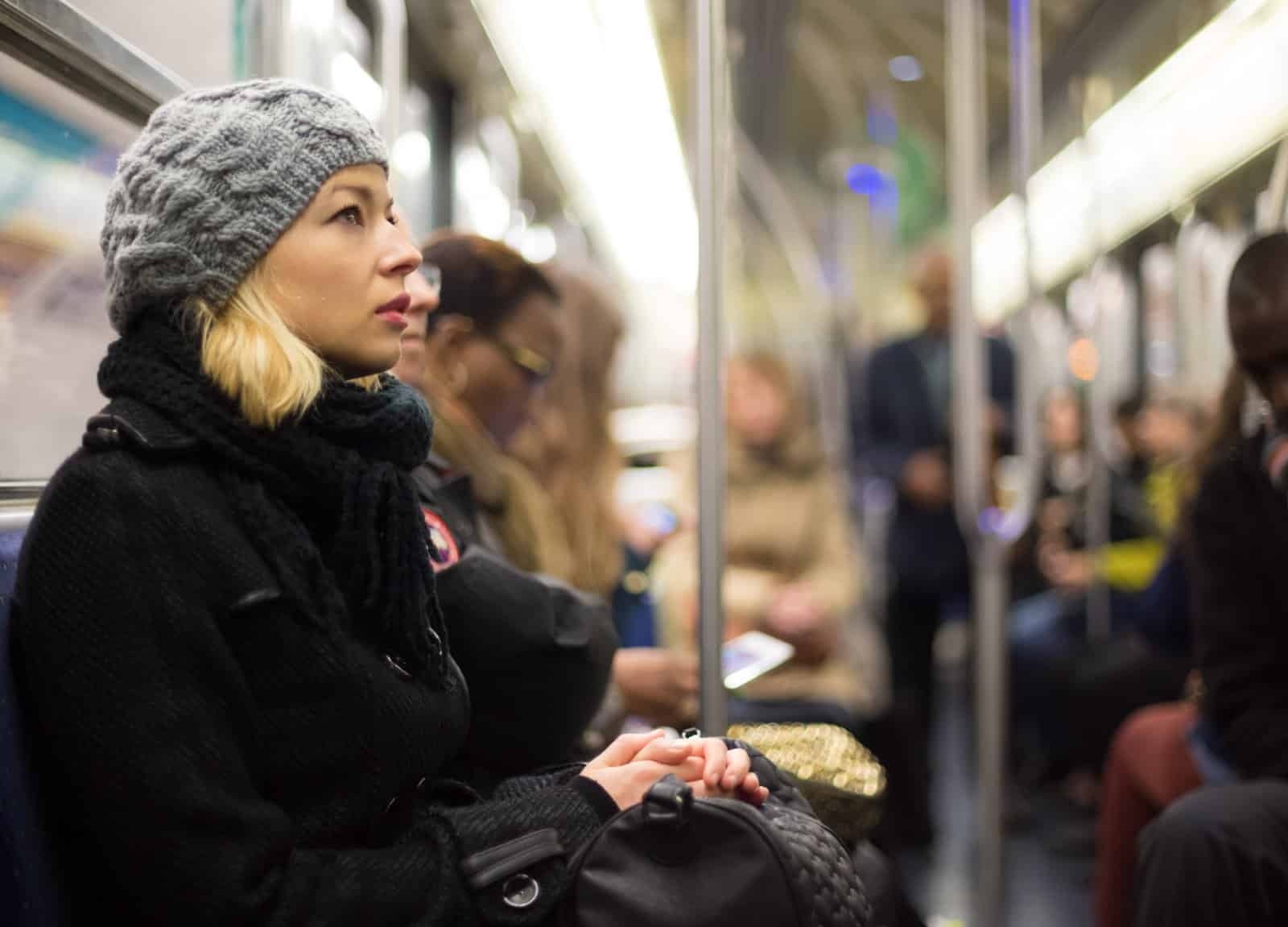
Barrett said it is a no-brainer that people wish to use public transport, as it reduces the stress of driving and allows for other things to be done at the same time as the commute.
More Money for Public Transport

A Sustrans survey revealed that 36% of people stated that they use a car because they have no other choice, and a whopping 56% wanted to budget more for walking, cycling, and public transport than for building roads.
Billions Set Aside to Be Reinvested

With the scrapping of the HS2’s northern leg, Sunak has assured the public that the £36 billion planned for the venture will be reinvested into numerous transport schemes.
More Projects Than on One Line

The Transport Secretary, Mark Harper defends the government’s redirection of funds for the northern line indicating that they would rather spend the funds on various transport projects across the country than on a single railway line.
Billions Invested Since the Pandemic

Long-term strategic investments have already seen £3.5 billion invested in bus services and £100 billion in rail services since 2010.
Department of Transport Assures the Public
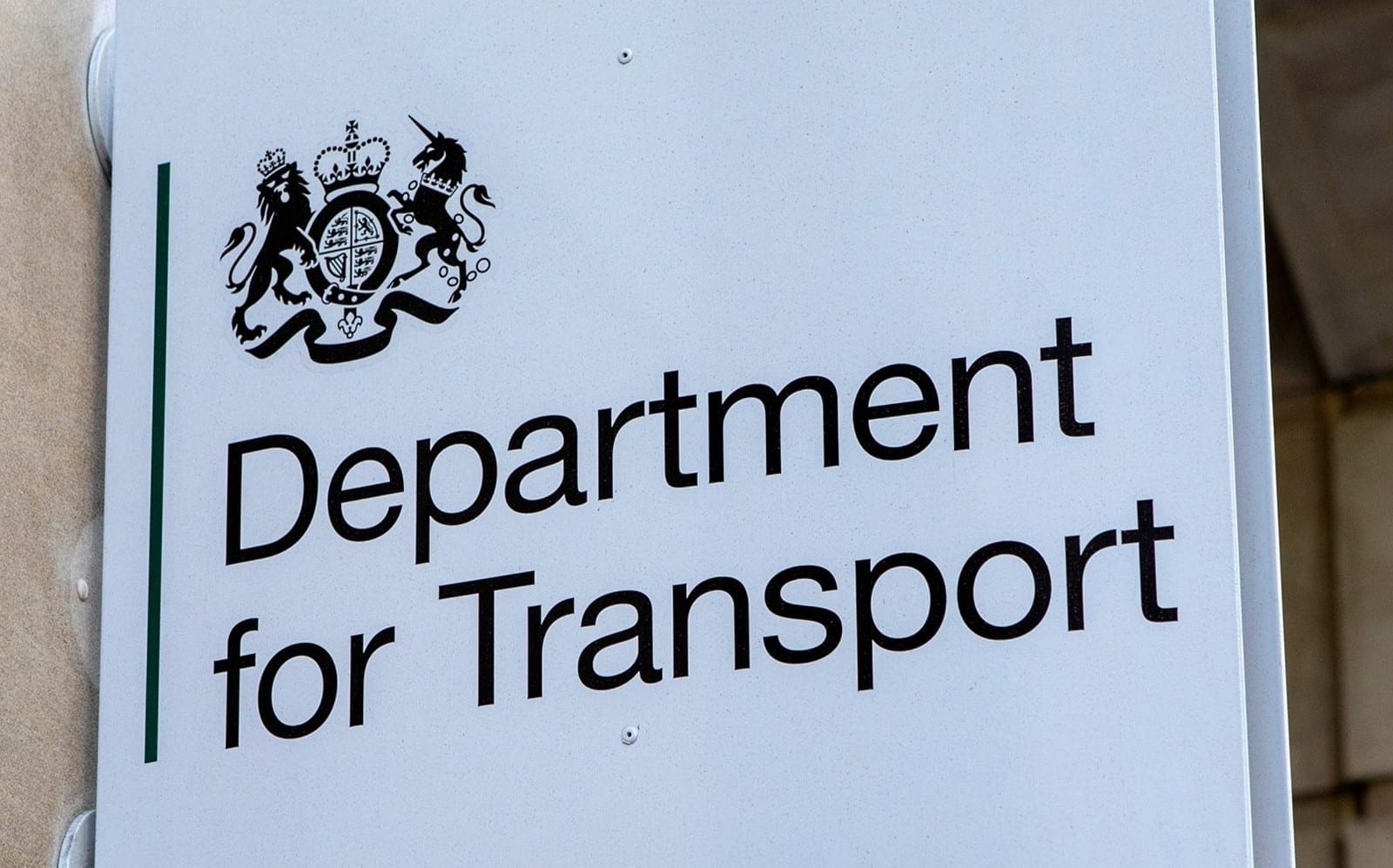
A spokesperson from the Department for Transport assured the public that they are working to provide travel means that work for everyone, saying, ” We’ve invested hundreds of millions in bus, rail, road and active travel infrastructure.”
More Articles Like This…
Broken Britain: 12 Reasons Behind the UK’s Decline
Say the Unsayable: 10 Occasions When Farage Spoke His Mind About Britain
The post Cost of Living Forces Changes in UK Travel Habits first appeared on Edge Media.
Featured Image Credit: Shutterstock / photo.ua.

